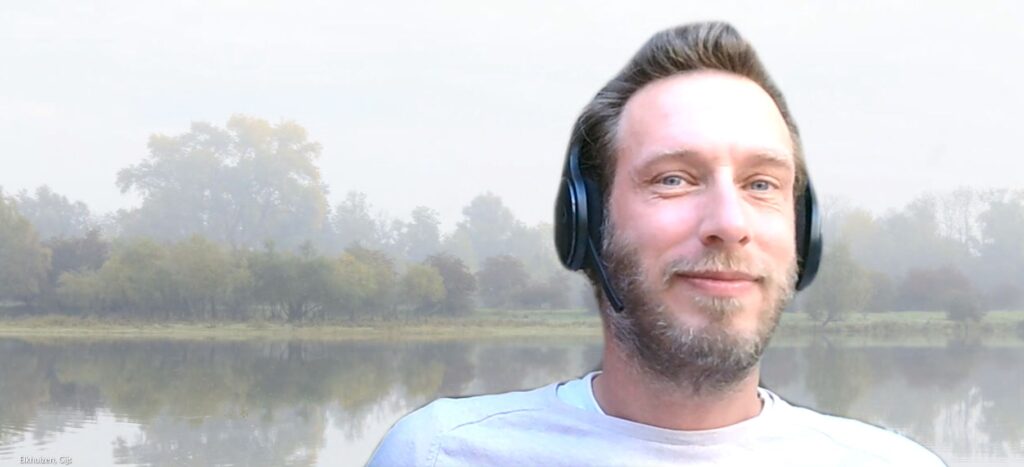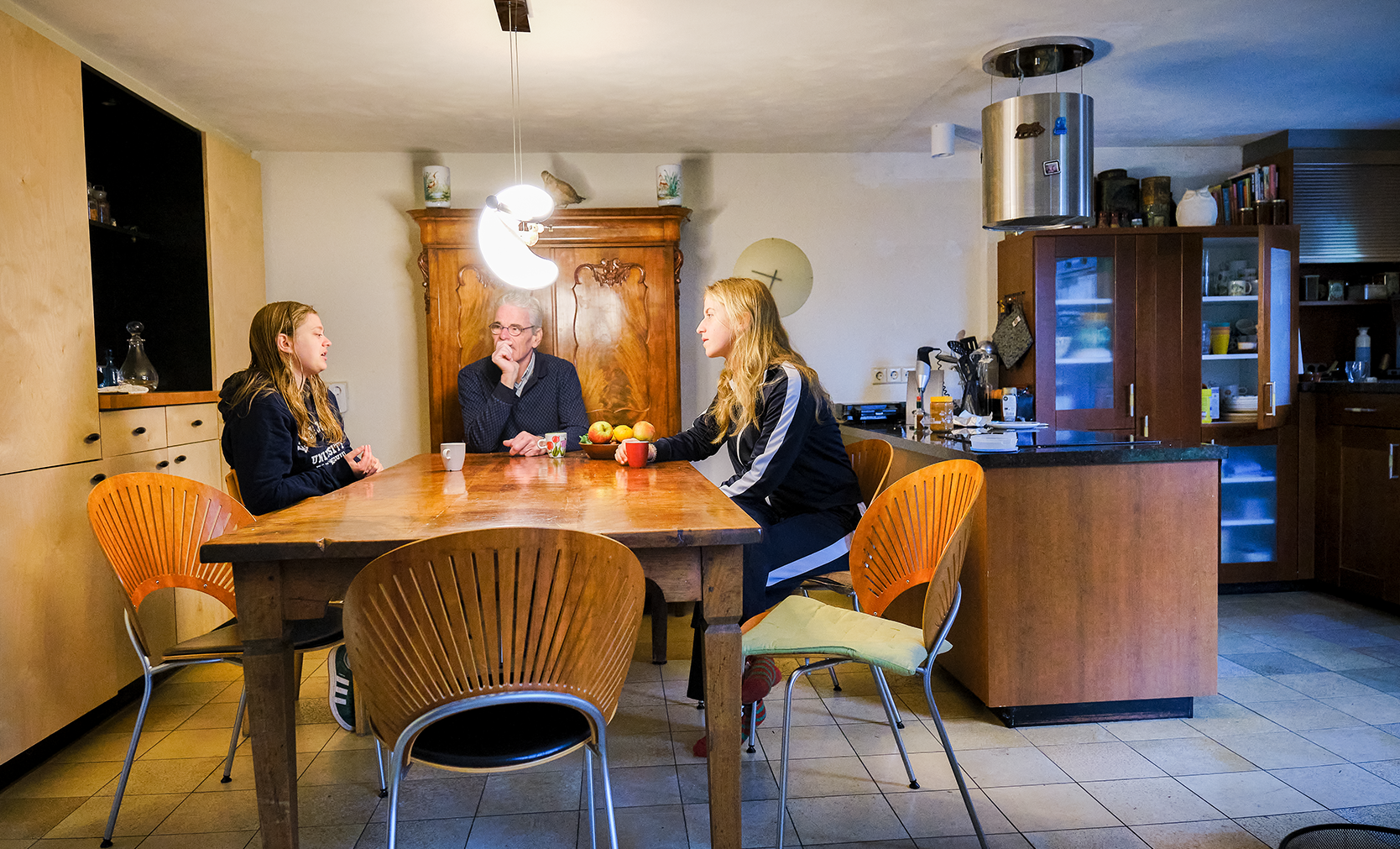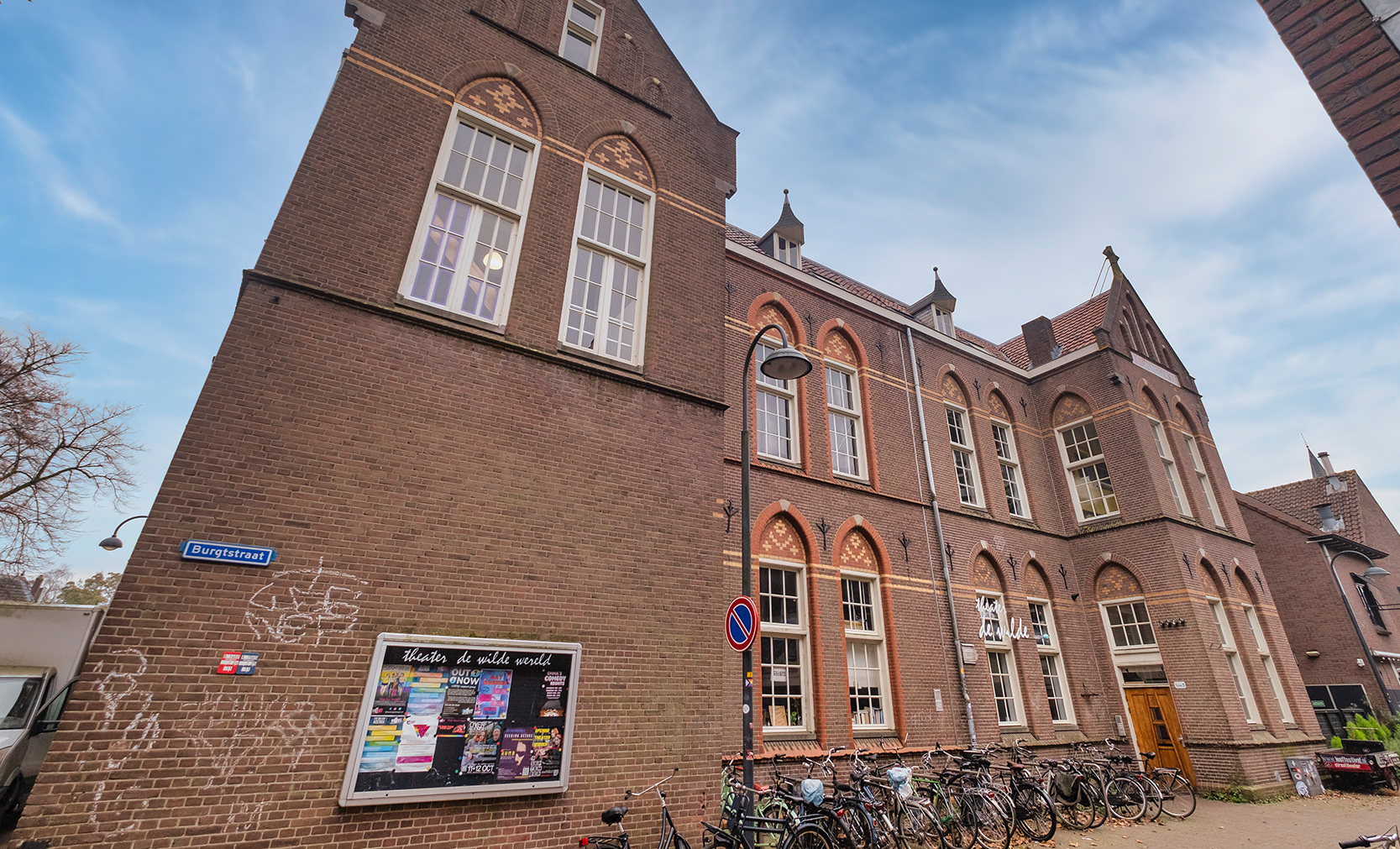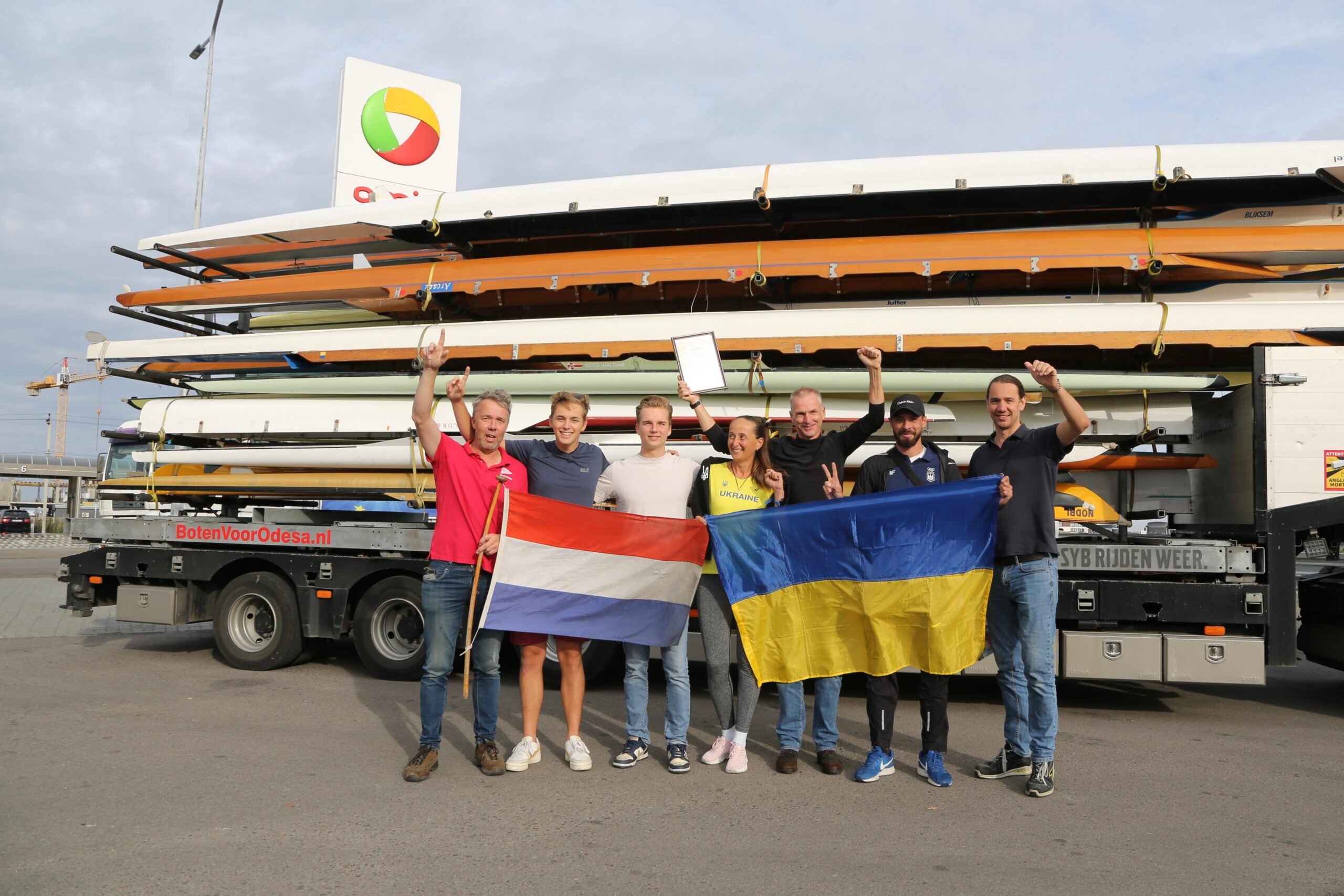It was recently announced that the total number of students at Wageningen University has grown by 5 per cent to 12,973. This was the total number of enrolled students on 1 October 2020 compared with the same day in 2019. The number of first-year BSc students grew by 6 per cent, the number of MSc students by 4 per cent.
The biggest growth among the BSc programmes was in the Nutrition and Health programme: from 112 new students last year to 166 this year (a rise of 48 per cent). The BSc in Forest and Nature Conservation expanded a lot too, from 66 first-years last year to 90 this year (up 36 per cent); likewise Biology (from 129 to 165, a rise of 28 per cent). Enrolment went down for the international BSc programme in Food Technology (from 145 to 119, a drop of 18 per cent) and Soil, Water, Atmosphere (from 78 to 58, a drop of 26 per cent). This may be due to the fall in international student numbers.
MSc programmes
The main areas of growth among the MSc programmes were Forest & Nature Conservation (from 121 to 145, up by almost 20 per cent), International Development Studies (from 89 to 111, an increase of almost 25 per cent), and Metropolitan Analysis, Design and Engineering (from 35 to 62, a jump of over 77 percent). Enrolment for the MSc in Biology also went up by about 20 per cent, from 94 to 113.
By contrast, student numbers for the MSc in Biotechnology are down by 26, a drop of nearly 17 per cent. This is partly due to students from outside Europe postponing coming to Wageningen because of the Covid-19 pandemic, says programme director Sonja Isken. ‘Some of those students started this February after all, but others only want to come in September 2021. So that could mean there will be an increase in enrolments then.’
‘Back to how it used to be’
Marjolijn Coppens is programme director for Biology. Enrolment at both Bachelor’s and Master’s levels has increased a lot compared with last year. But that doesn’t represent real growth, she says. ‘Enrolment is comparable with previous years. We have grown compared with last year, but enrolment was particularly low that year. Now we are back to how it used to be. Actually, we are fairly consistently one of the larger degree programmes. The growth in enrolment for the Master’s comes mainly from students from previous large Bachelor’s cohorts, I think.’
‘Timetabling can be difficult for a large degree programme. To organize that really well, we ought to be just a bit smaller. Now we have one course that starts in period 3 and finishes in period 6. That was the only way we could timetable it. I would like to change that, but we can’t do so at the moment.’ Blended education could solve this problem, Coppens thinks. ‘Of course we must discuss that with the teachers first. It must only be done if it benefits the quality of the education.’
‘Green brain power’
Programme director Gijs Elkhuizen (Forest & Nature Conservation) has seen increased enrolment at both Bachelor’s and Master’s levels too. ‘Personally, I’m extremely happy about it. The more green brain power we send out into the world, the better. But of course we also want people to be able to find a job when they leave. They are managing to do so now, but at some point you do reach a limit to the growth.’
Few Forest and Nature Conservation graduates go into research, says Elkhuizen. ‘About 20 per cent want to pursue an academic career, and the rest want to work outside academia, and contribute to conserving and improving the quality of our nature. At the moment, that is high on the agenda and there is a sense of urgency, especially among young people. I think that partly explains the rising enrolment.’

PEEK app
The growth poses challenges for the education programme, says Elkhuizen. ‘When you study Forest and Nature Conservation, you don’t just sit in classrooms; you also go into the field with your teachers. Now there are nature reserves that say they can’t cope with the ever bigger groups we come with. Whether you take 50 or 150 people into a nature reserve makes quite a difference, including to the disturbing impact on the area. So we must either look for new nature areas, or do double shifts, spreading the field trips over two or three days. And that increases the teachers’ workloads.’
The Covid pandemic doesn’t make things any easier, says Elkhuizen. And yet it could end up leading to a solution. ‘At the moment we are making more and more use of the PEEK app, with which teachers and students can design their own field trips. Blended education could solve our problems.’

 Online education Photo: Shutterstock.
Online education Photo: Shutterstock. 

